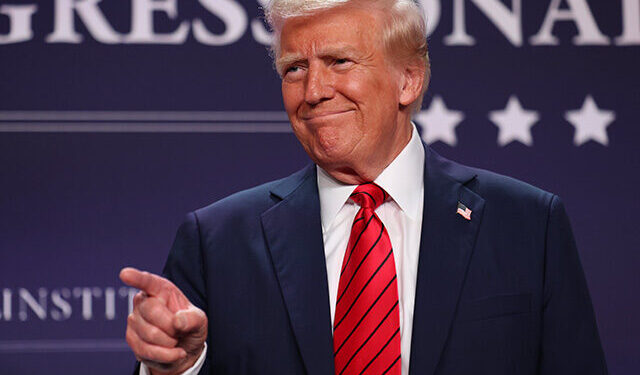A big shake-up just happened in the world of education, and it’s got people talking. In his first week back in office, President Donald Trump’s Department of Education (DoEd) made some sweeping changes—eliminating diversity, equity, and inclusion (DEI) initiatives and putting an end to what it calls the “Biden’s Book Ban Hoax.” Here’s what went down and what it means for schools, parents, and educators across the country.
DEI Initiatives Scrapped
Trump issued an executive order aiming to remove what his administration sees as divisive and wasteful DEI programs from the federal government. Following this directive, the Department of Education took immediate action:
- Removed or archived hundreds of DEI-related documents, reports, and training materials from public communication channels.
- Placed DEI leaders on paid administrative leave while further changes are assessed.
- Disbanded the Diversity & Inclusion Council—originally created under President Obama—along with other DEI-related committees.
In a press release, the department stated that these moves are meant to “prioritize meaningful learning ahead of divisive ideology.” Trump’s team believes that education should focus on academic excellence rather than social programs.
Cutting DEI Costs & Resources
Beyond personnel changes, the DoEd is also cutting funding related to DEI efforts:
- Canceled DEI training and service contracts worth over $2.6 million.
- Scrapped the Department’s Equity Action Plan.
- Flagged over 200 DEI-related web pages for removal, arguing that they encouraged schools to promote ideological agendas.
The department says it will continue reviewing programs that may be advancing what it calls a “divisive DEI agenda,” even if they use vague or coded language to disguise their intent.
Ending the “Biden’s Book Ban Hoax”
Another major focus of the DoEd has been addressing what Trump’s administration calls misinformation about book bans. During Biden’s term, parents and conservative groups raised concerns about certain books—some containing explicit content—being available in school libraries. Many called for local school boards to have more authority over the materials students can access.
However, Democrats and teachers’ unions framed this as a broader attack on education, labeling it a “book banning” effort. Trump’s Department of Education is pushing back on this narrative. Here’s what they’ve done so far:
- Conducted a legal review of “book ban” cases and determined that books are not being “banned,” but rather, school districts are using a standard process to evaluate and remove materials deemed age-inappropriate.
- Dismissed 11 complaints that claimed book removals created a “hostile environment” for students. The department called these claims “meritless.”
- Eliminated the “book ban coordinator” position, stating that decisions about school materials should be made at the local level by parents and communities, not the federal government.
Craig Trainor, the Acting Assistant Secretary for Civil Rights, summed it up: “Parents and school boards should have broad discretion to assess the educational needs of their communities. These decisions will no longer be second-guessed by the Office for Civil Rights at the U.S. Department of Education.”
What’s Next?
The Trump administration’s approach is clear—it wants education policy to shift back to local control, focusing more on traditional academics rather than social justice programs. Whether you support or oppose these changes, they are already reshaping how schools handle everything from curriculum choices to federal funding.
What do you think about these changes? Do they move education in the right direction, or do they take us backward? Hit Reply and let me know your thoughts!
Stay informed,





















I don’t think the title of your article matches the content lol. Just kidding, mainly because I had some doubts after reading the article.
Your point of view caught my eye and was very interesting. Thanks. I have a question for you.
Thanks for sharing. I read many of your blog posts, cool, your blog is very good.
Can you be more specific about the content of your article? After reading it, I still have some doubts. Hope you can help me.